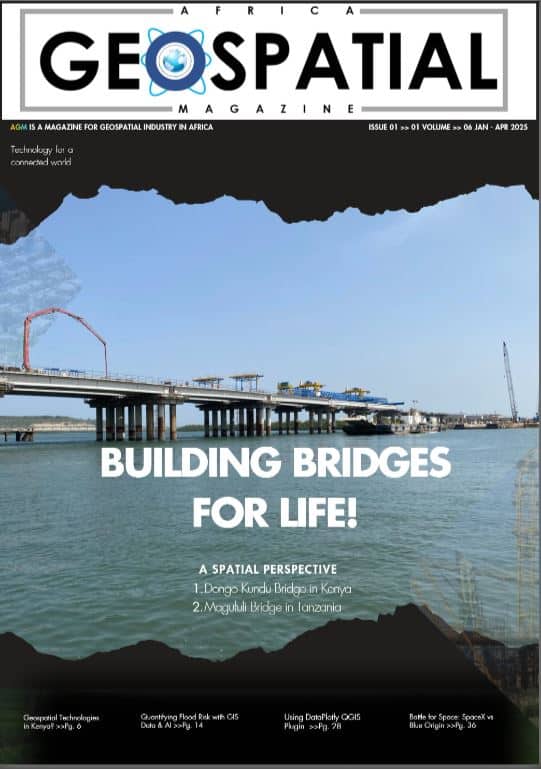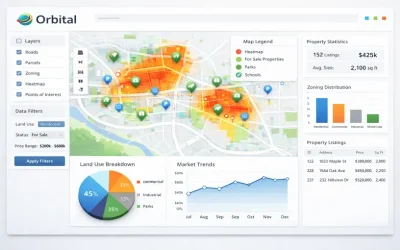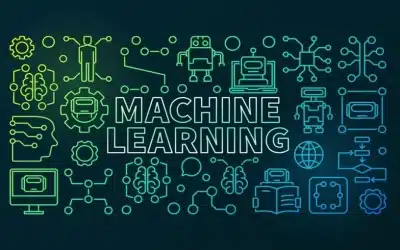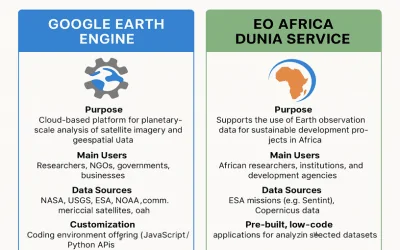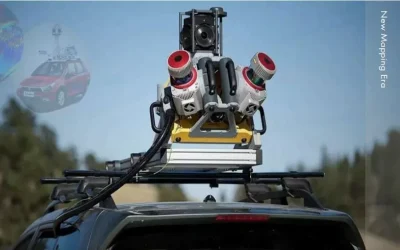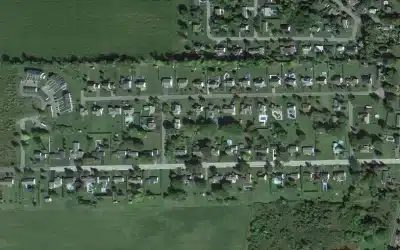Two Kenyans participate in Star Vision Summer Camp 2025 in China
In July 2025, Kenya Space Agency (KSA), in partnership with STAR.VISION Aerospace successfully concluded the Spaceborne AI Algorithm Rideshare Programme, marking the end of the final phase of an initiative launched in June 2024. Over the past year, 58 students from 14 Kenyan universities designed, tested, and deployed AI algorithms aboard the STAR.VISION’s Earth Observation (EO) satellite platform. These AI projects addressed real-world applications, such as;
- Maritime surveillance and vessel detection
- Land use and land cover classification
- Crop yield estimation and health monitoring
- Tea and coffee farm segmentation
STAR.VISION is a company focused on utilizing space technology particularly AI for various applications. They offer satellite design, launch services, ground segment solutions and application packages. Their expertise extends to developing intelligent satellite platforms and space-borne AI technology for data analysis. They also have a strong focus on developing AI applications for Earth observation, with a global reach spanning over 40 countries. They leverage on the following key aspects:
- AI-Native Approach: STAR.VISION emphasizes that they are an AI company that uses space technology, rather than the other way around.
-
Global Partnerships: They have a significant global presence, with partners in South Asia, the Middle East, Africa, and Europe.
-
Spaceborne AI Programs: They collaborate with organizations like the Kenya Space Agency on initiatives like the Spaceborne AI Algorithm Rideshare Program, which involves students designing and deploying AI algorithms on their Earth observation platform.
-
Chang’e-8 Mission Participation: STAR.VISION is participating in China’s lunar exploration program with a micro-exploration robot solution developed in collaboration with Zhejiang University and Middle East Technical University.
-
SkyView Platform: They have developed a platform called SkyView Spatiotemporal Big Data Platform for various applications, including agriculture, forestry, ecology, and more.
-
Space Summer Camp: They co-host a Space Summer Camp in China with Beihang University, offering training in advanced space technologies to students, including those from Kenya.

Consequently, Kenya’s space technology capacity received a significant boost as two (2) Kenyan innovators took part in the Space Summer Camp 2025, held from July 21 to August 3, 2025, in Hangzhou, China. According to KSA, the extensive two-week program was jointly hosted by Beihang University International Summer School and STAR.VISION Aerospace Group Ltd, as part of the SpaceBorne AI Rideshare Algorithm Project in collaboration with the Kenya Space Agency.
Peter Ndiritu Thuku from Dedan Kimathi University of Technology’s Remote Sensing Research Group and Emason Munene from the team Geo Innovators represented Kenya. Thuku’s team had earlier secured second place in an international competition for developing an artificial intelligence algorithm capable of predicting the Normalized Difference Vegetation Index (NDVI) from RGB satellite images.

Munene’s Geo Innovators team developed an AI-based Land Use Land Cover (LULC) classification algorithm, further demonstrating Kenya’s depth of talent in geospatial AI innovation. These accomplishments earned both participants a coveted place in the training program.
Also read this article about >> Kenya Space Agency Regulations 2024: What you need to know!
According to KSA, the summer camp was delivered in two phases. The first phase, held at Beihang University from July 23 to 26, focused on orbital mechanics, satellite systems, and space project management. Participants gained deep insights into precise orbit determination, satellite constellation management, and the full lifecycle of space missions, from conceptualization to de-orbiting.
The second phase, conducted at STAR.VISION’s headquarters between 28th July and 1st August, provided advanced training in geospatial intelligence, AI satellite subsystem architecture, coastal and marine remote sensing, foundation AI models for Earth observation, and AI algorithm development using frameworks such as MM Segmentation and SAMGeo. The program combined theory with practice through assignments on containerized AI environment setup using Docker, object detection and segmentation in satellite imagery, and specialized coastal zone analysis.

This achievement represents more than just an academic milestone. It endeavors to strengthen Kenya’s technical expertise in GNSS, GIS, satellite systems, AI-driven Earth observation, and cloud-based geospatial solutions. It also underscores the value of international partnerships in advancing national capabilities in space technology. Speaking on the experience, Thuku and Munene highlighted the importance of bridging theoretical knowledge with practical application, noting that the skills gained will directly contribute to Kenya’s rapidly growing space technology ecosystem.
Credits: Kenya Space Agency
Latest News and Technology Articles: https://orbital.co.ke/blog/
Mobile Data Collection Solution: https://orbitalafrica.com/orbicollect/
Our Contacts: T: +254 719 672 296 | E: [email protected] | W: https://orbital.co.ke





